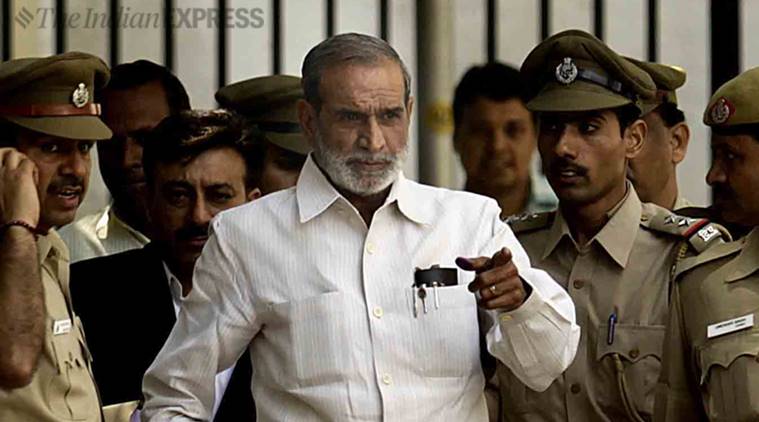A duty great and grave
International law binds Indian state to prevent, punish acts of genocide. As does Article 21 of the Constitution

What distinguishes the learned judgment delivered by Justices S Muralidhar and Vinod Goel is not just the meticulous finding of criminality and award of punishment in the Sajjan Kumar case but the urging that “Neither ‘crimes against humanity’ nor ‘genocide’ is part of our domestic law of crime. This loophole needs to be addressed urgently.” The urgency is underscored by the observation that “2,733 Sikhs and nearly 3,350 all over the country were brutally murdered” and this “was neither the first instance of a mass crime nor, tragically, the last”.
The court refers to the “mass killings in Punjab, Delhi and elsewhere during the country’s Partition”, a “familiar pattern of mass killings in Mumbai in 1993, in Gujarat in 2002, in Kandhamal, Odisha in 2008, in Muzaffarnagar in UP in 2013, to name a few.” All these “mass crimes were the targeting of minorities and the attacks spearheaded by the dominant political actors being facilitated by the law enforcement agencies” and the “criminals responsible for the mass crimes have enjoyed political patronage and managed to evade prosecution and punishment”.
These remarks are likely to be misconstrued by organised and individual political actors as judicial overreach. But they are non-adversarial in nature and scope and reflect the popular and judicial anguish at mass atrocities. The court’s suggestion for an end to impunity is meant to promote constitutional good governance. I not deal with the merits of the verdict here, but rather, with the international legal position regarding genocide.

No hay comentarios:
Publicar un comentario